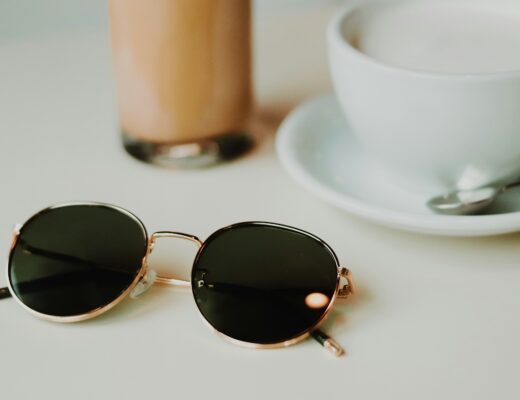I’ve written quite a lot on oral health on the blog. It’s something that I feel is really important. I didn’t have great habits growing up and pregnancy affected my teeth quite a lot. So I was determined to get into good habits and teach these to my children too.
If you’ve seen the news recently, then you’ll know that there is a huge shortage of NHS dentists in the UK. People are resorting to pulling their own teeth or living in pain.
Poor oral health doesn’t just affect your teeth either, it also has a huge impact on your overall health too. A study in the BMJ showed that patients with gum disease were at higher risks of Type 2 diabetes, cardiovascular disease, and depression.
Now, you might think that I’m going to focus on diet. While it’s true that a diet high in sugar is terrible for your teeth (and health), these tips are designed to help you make lifestyle alterations so that your mouth is as healthy as it can without making drastic diet changes.
They say prevention is better than a cure so I’ve rounded up some tips on improving your oral health by making some small changes to your lifestyle and routine.
Brush Regularly

The best thing you can do for your oral health in the long term is to brush your teeth at least twice per day and floss regularly. Get a good brand of toothpaste with plenty of added fluoride. There are so many on the market now that deal with different issues such as sensitivity and whitening.
Flossing is vital too. I used to have a water flosser, which was great, but I found it a little too strong for my gums at the time. Instead, I use expanding dental floss, which really does a good job.
The type of brush you use can make a difference too. I have a Philips Sonicare, their basic model, which I love. It’s my second one. When the first one stopped working, I went back to a manual brush for a while, but my teeth just didn’t feel clean, so I bought another.
Learn How To Use Toothpaste & Mouthwash
You might think that this is self-explanatory, but many people aren’t using them in the right way.
When you finish brushing your teeth, do you rinse your mouth out and then follow with mouthwash for fresher breath? I did, for years. But then my dentist told me that I was actually not getting the full benefits of either.
When you finish brushing your teeth, spit the excess out, but don’t rinse with water. This keeps the protective fluoride on your teeth for longer. The same goes for mouthwash, if you’re using it straight after brushing, you’re washing your toothpaste away. Keep mouthwash for freshening your breath between brushings.
Use Sugar-Free Gum

It’s not always practical to brush your teeth after a meal, but the sugars, acid, and residue left in your mouth after eating can cause problems. That’s where chewing sugar-free gum comes in. I always have it in my pockets, handbag, and car. I use it after eating to make my mouth feel cleaner and fresher. It increases the amount of saliva in your mouth which is important for protecting your teeth.
I also find that chewing gum can help me to concentrate too. In fact, there was a study in Japan that showed how chewing gum could increase walking speed, distance, and heart rate during physical activity.
It’s cheap and available in most shops, so keep some on you to use after eating.
Drink Lots Of Water

Get into the habit of drinking water both with and in between meals. Not only is it great for overall health, but drinking water can also wash away food debris and sugars which can lead to tooth decay.
Cut Out Smoking & Alcohol
Gum disease and oral cancer are on the rise in the UK. Two things that can increase your risk of developing oral cancer are smoking and alcohol. Plus they are terrible for staining your teeth too. So why bother?
OK, so hopefully there are some tips on this list that you can incorporate into your lifestyle very easily. Making little changes could avoid a lot of dental work in the future.







No Comments